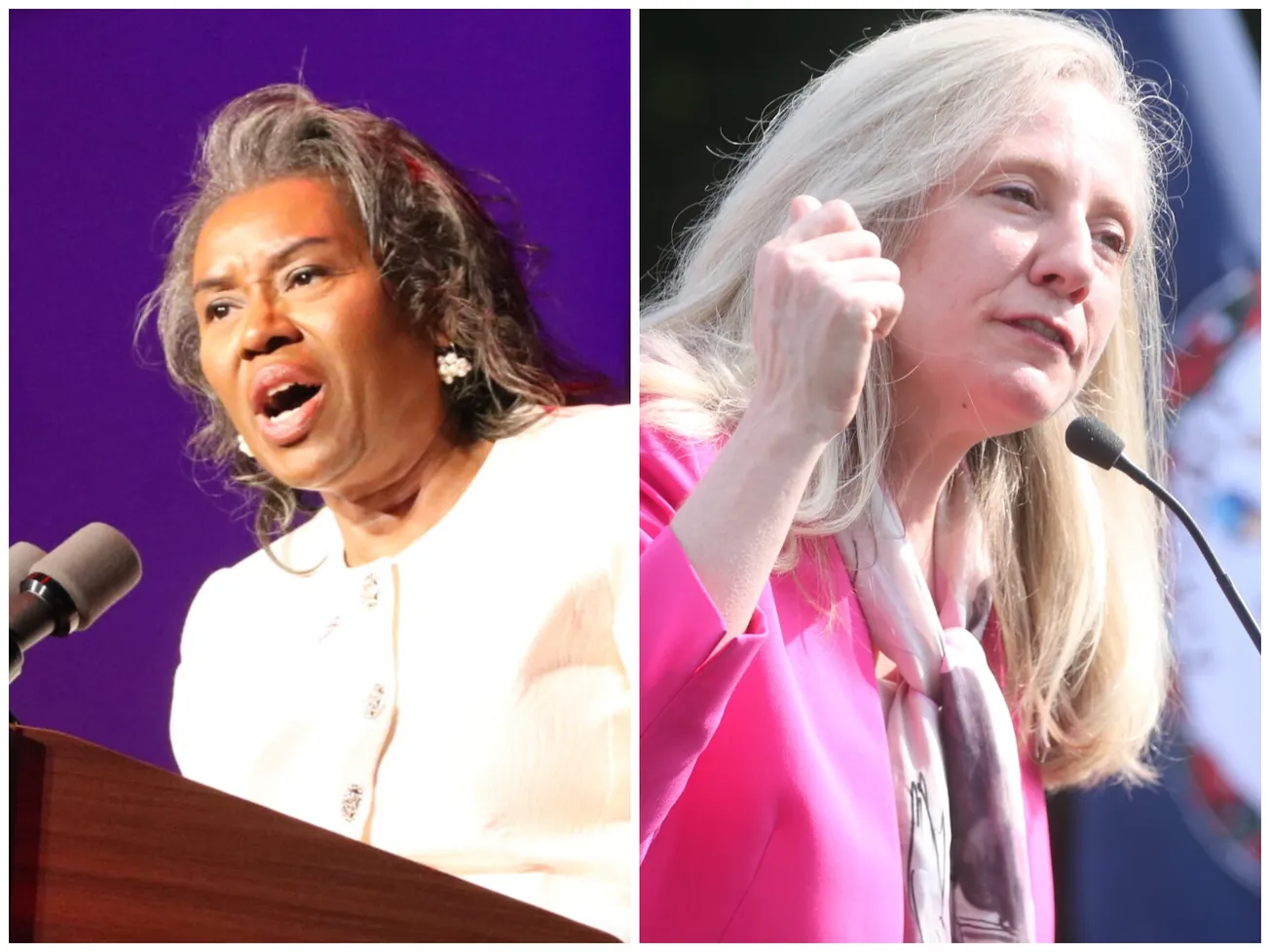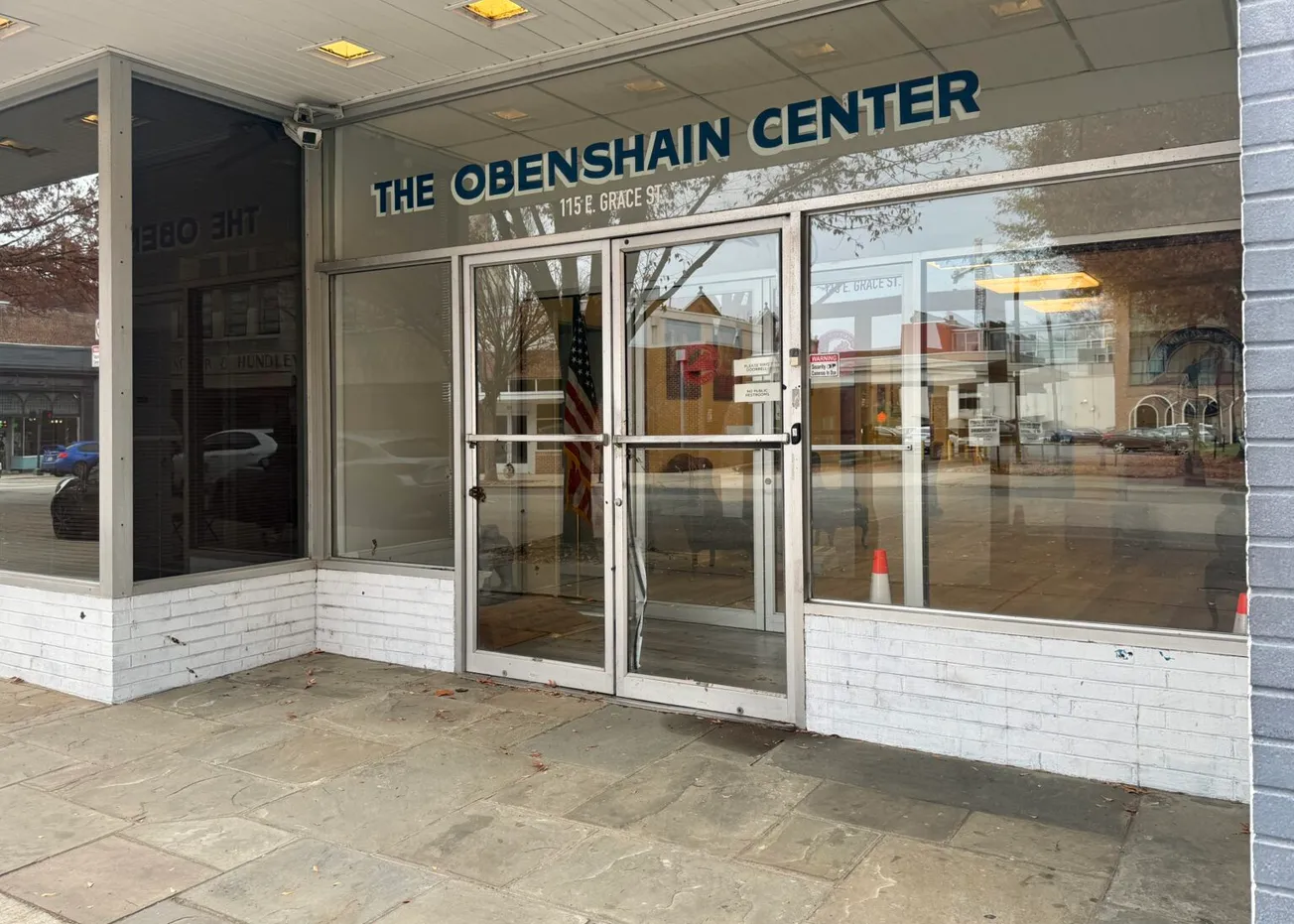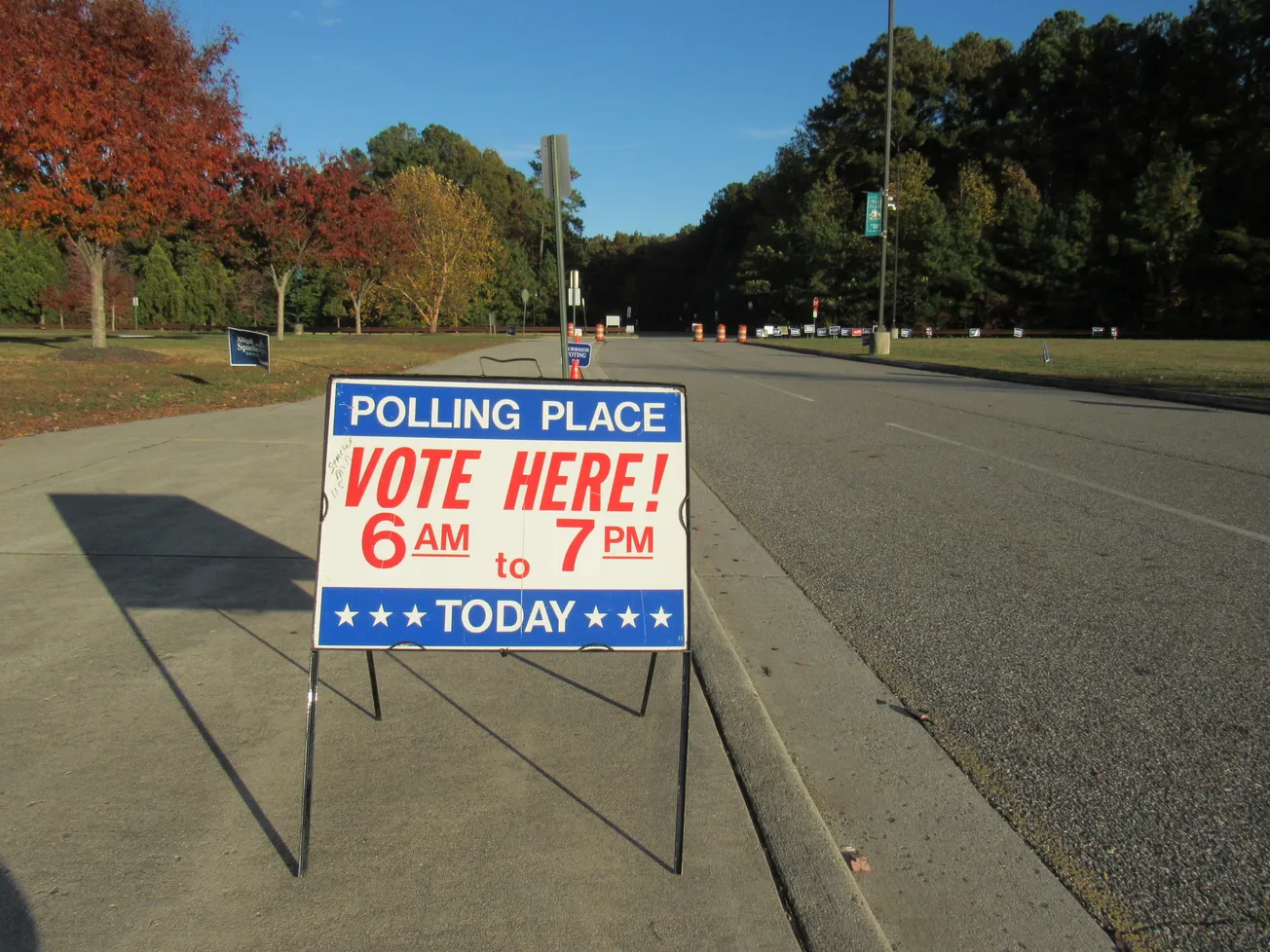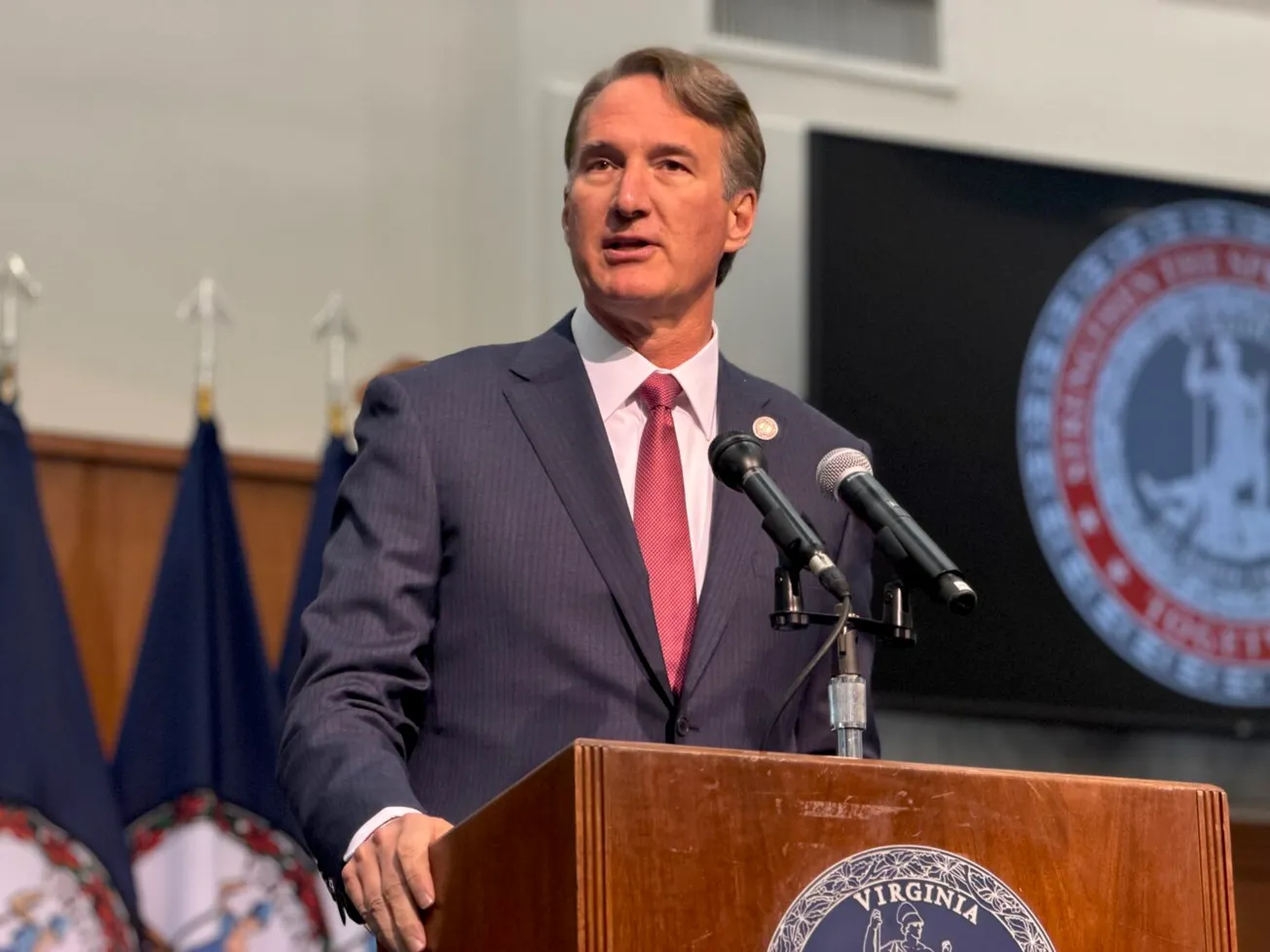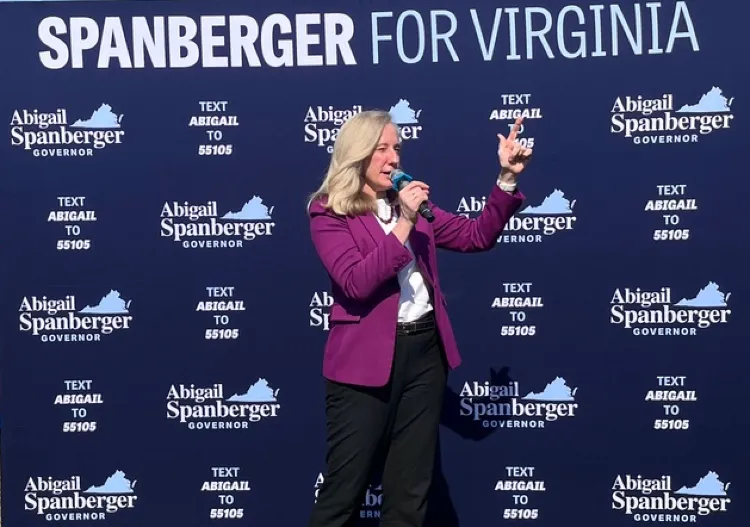Spanberger, Earle-Sears clash over violence, abortion, and taxes in lone Va. governor’s debate
After months of polarized campaigning, the two women faced off at Norfolk State University, sparring over the Jay Jones controversy, political rhetoric, and abortion as moderators pushed hard to keep order
